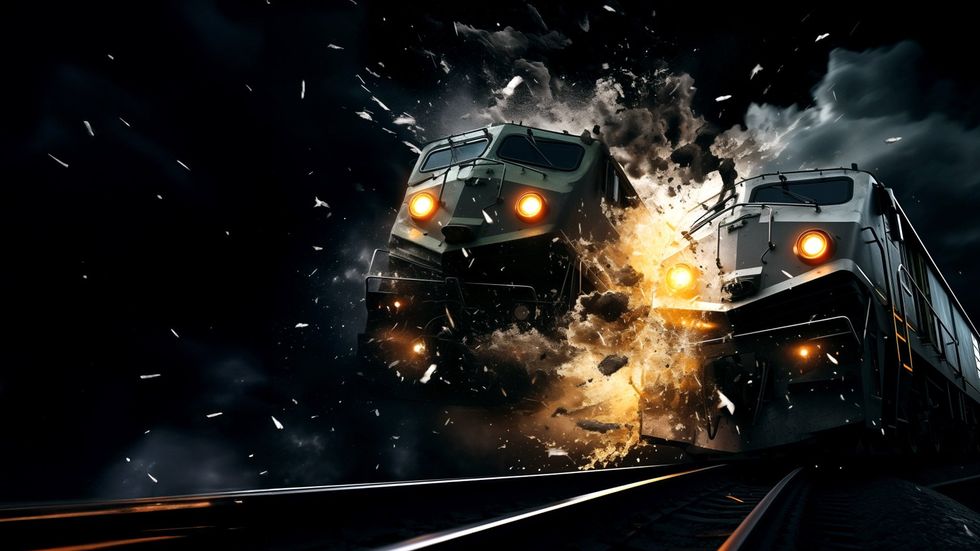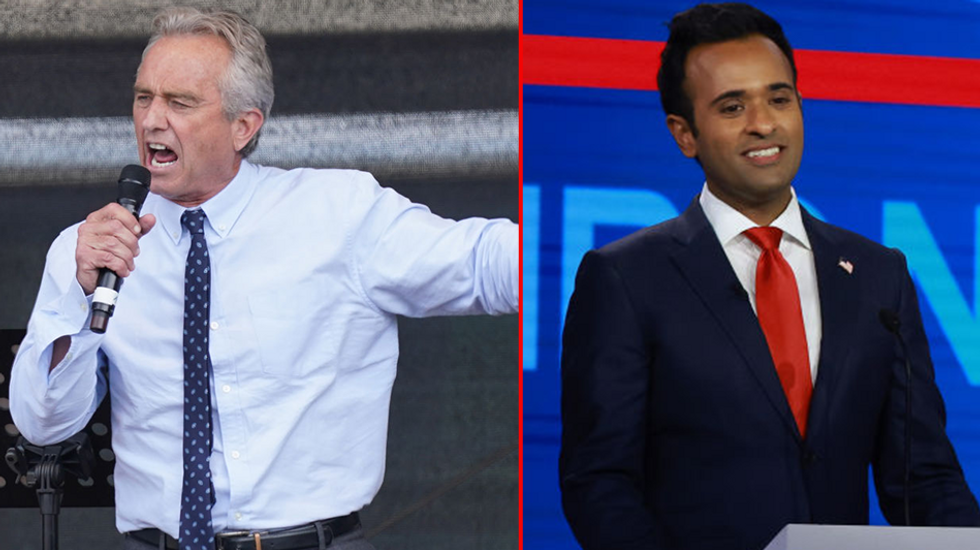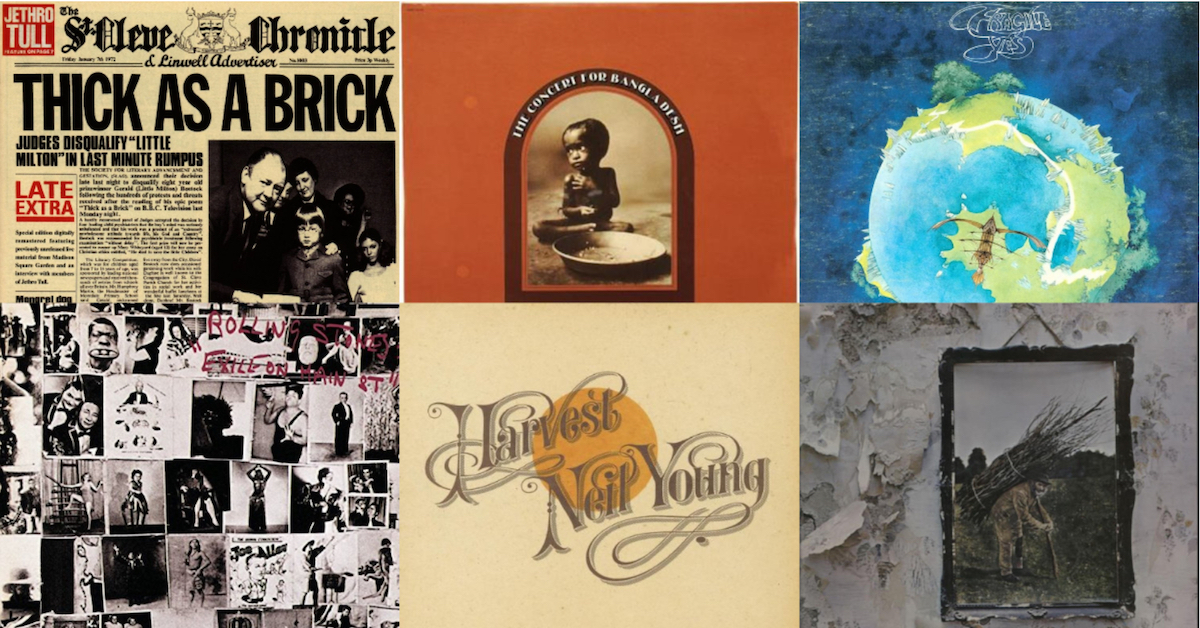
www.theblaze.com
The competency crisis is upon us
Our current managerial elite predicates its rule on the notion of expertise. Americans once believed that “popular will” granted a ruling class legitimacy‚ but that story has been replaced with one of scientific knowledge and credentials.The modern political formula frames the world as a complex series of interconnected scientific disciplines that‚ if managed with a high degree of proficiency‚ can yield incredible material abundance and miraculous technological innovations. Competency is the key to utopia. Those who are able to obtain prestigious credentials gain the right to rule due to their unparalleled ability to manage complex systems. But a fundamental shift in our political formula has put the system on a collision course with disaster. The woke cultural revolution has escaped the universities that incubated its poisonous rhetoric and rooted itself deeply into every critical institution in the United States. This destructive doctrine seemed strange but quaint when it was being chanted by delusional college students‚ but everyone should have learned by now that the fashionable college ideology of today becomes the ruling dogma of tomorrow. The armed forces‚ major corporations‚ and medical schools now prioritize diversity over the ability to perform tasks that are critical to people’s survival. Major institutions that are supposed to safeguard the critical functions of our civilization are more interested in elevating transwomen of color than the ability of the organizations to properly execute their functions. Selecting brain surgeons by the obscurity of their sexual preferences instead of their success rate would have sounded like a comedy sketch 10 years ago‚ but no one is laughing now.Instead of shaping major events‚ our incompetent and sclerotic institutions will‚ more often than not‚ simply react to the fallout. Part of the managerial formula meant delegating all major social decisions to this distributed network of expert institutions. Power in the hands of a single leader‚ even an elected one‚ could be dangerous. Better to spread that responsibility across many highly competent organizations that specialize in the relevant disciplines. This makes decisive action more difficult‚ but in theory‚ it dramatically raises the quality of the policies that will eventually be implemented. That sounds great when you are still pretending that these institutions are selecting “the best and the brightest.” But now? Please. Expertise became the holy doctrine of our civilization‚ and every decision‚ from how parents educate their children to what we can say to each other on the internet‚ is mediated by these managerial institutions. These organizations‚ which now control our lives to an unprecedented degree‚ are run by those who are most willing to genuflect before the gods of diversity‚ equity‚ and inclusion.This selection of ideological loyalty over merit has created a competency crisis inside our critical institutions. The older generations‚ selected for their ability to do their jobs‚ are being phased out‚ and the new generations‚ selected for skin color and gender fluidity‚ simply cannot maintain the civilization they have been handed. In many instances‚ technological innovation continues due to visionary entrepreneurs‚ but the social infrastructure on which those innovations rest is crumbling. We have placed more decision-making power into the hands of massive bureaucracies than at any time in human history‚ but those bureaucracies are increasingly staffed by functionaries who could not make a basic repair to their homes or cars if their lives depended on it. The glue of competency that held this complicated social machinery together is coming apart‚ yet we continue to shift more and more responsibility to these failing institutions.We often assume that the amount of time a society has to make decisions about its future is static‚ but that is not the case. While it is comforting to think that extended deliberation will always yield an educated consensus on what steps to take next‚ the truth is that events often shrink the window of opportunity to make deliberate choices and societies are instead swept away by circumstance.The rapid advancement of technology and the interconnected nature of the modern world have greatly reduced the space in which deliberation can occur before the consequences of an event manifest themselves globally. At the same time‚ the institutions to which we have delegated all our decision-making are less competent and more ideological. The combination of collapsing decision space and the competency crisis inside institutions designed to make those decisions creates a runaway process of acceleration. As the philosopher Nick Land put it‚ “The profound institutional crisis that makes the topic ‘hot’ has at its core an implosion of social decision-making capability. Doing anything‚ at this point‚ would take too long. So instead‚ events increasingly just happen.”As events accelerate and decision space shrinks‚ our incompetent and sclerotic institutions will prove incapable of keeping up. Instead of shaping major events‚ they will‚ more often than not‚ simply react to the fallout. As faith in distributed expertise falters‚ the populace will become more likely to prefer unified and decisive action. Ultimately‚ sovereignty lies in exercising the power to make decisions‚ and if the incompetent bureaucratic institutions or our managerial elite fail to do so‚ the future will belong to leaders who can.

















